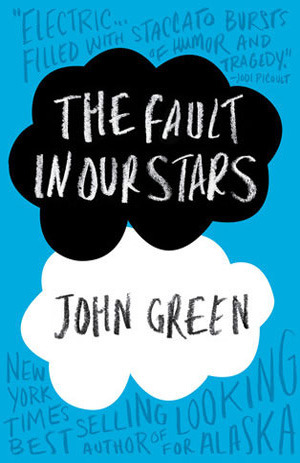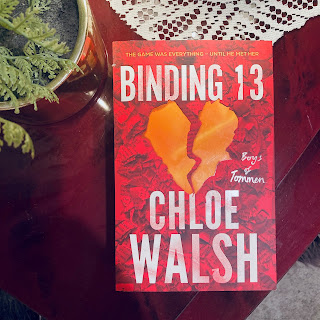Review: The Fault in Our Stars by John Green
I just knew that when I picked up this book and learned that the heroine was terminally ill, that it probably was not going to end well. That said, the ending was still a bit of a surprise. Sort of.
The Fault in Our Stars is a book that has received a lot of publicity in recent months, thanks in part to the popularity of the author with his target audience and the fact that it has just been made into a film, which opened in Adelaide this week. It tells the story of Hazel, a young teenage cancer patient who has lived longer than anyone expected her too, thanks to a tumour shrinking miracle. Hazel is a little bit too smart and a little bit too cynical at times, which is unsurprising given her situation in life. She is also horribly depressed and knows very few people her own age. Her parents insist upon her going to a support group for teenagers with cancer (which she loathes,) and there she meets Gus, a young man whose cancer has been supposedly cured after his leg was amputated. The novel tells the story of how they slowly fall in love and ponders what it must be like to be a teenager with a terminal illness.
I struggled with this one more than I would have liked and that is no fault of the author. This is a well-written book, has (mostly,) likeable characters and offers some real insights into a little-discussed peril of adolescents--that a few will not make it to adulthood and live with realities that are almost unthinkable and difficult for their peers to understand. Massively underplayed is the side-plot where support group member Isaac's girlfriend breaks up with him because she can no longer understand or handle his illness and the temptation to simply walk away becomes too great. (Though I loved the scene where Isaac eggs her car.) Hazel and Gus's interactions with an author who cannot give them the answers that they so desperately seek is amusing. (And, perhaps, a good metaphor.) So, really, I am scratching my head to understand why I did not enjoy this one more. Maybe it is the fact that Hazel comes across as a smart-arsed spoiled brat, as do her friends. Maybe it is because I was not expecting the ending. Maybe it's because when I was eighteen one of my friends died of cancer and it brought back a whole lot of memories about how horribly incompetent I was at handling the whole thing.
Or more likely, it is the fact that the characters and their situations have a big, fat horrible ring of truth to them. Hazel and Gus are very human. Their not idealised characters. They're ordinary, annoying teenagers who just happen to have a serious illness. And perhaps right there lies the real magic of this book ...




Comments